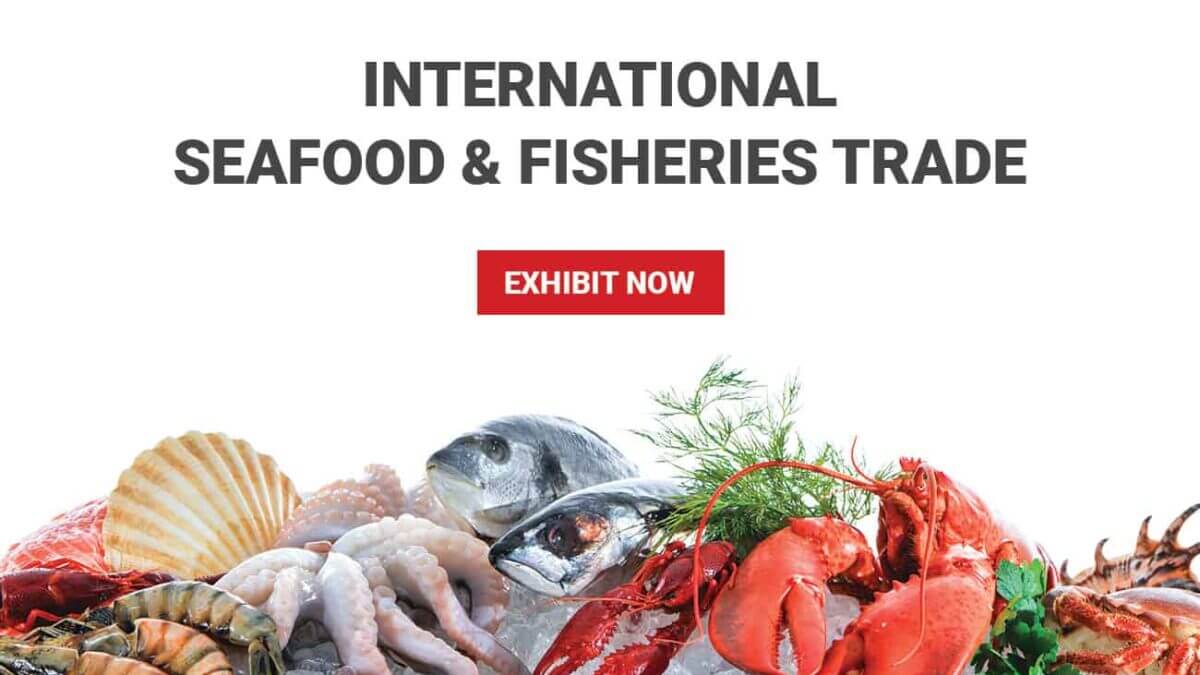Seafood Trade has always played an important part in the fisher’s livelihood, even in ‘subsistence’ fisheries. International fish trade has been increasing very rapidly in recent decades. An estimated 45% of the world catch is now traded internationally. The widespread use of refrigeration and improved transportation and communications have facilitated a vast expansion of trade.
The volume of global fish production amounted to 177.8 million metric tons in 2019, up from 148.1 million metric tons in 2010. Fish is one of the most widely consumed foods in the world, and it is only becoming more popular over time.
The global seafood market is projected to reach approximately 155.32 billion U.S. dollars in value by the year 2023, up from about 130 billion U.S. dollars in 2018. Though seafood features heavily in the cuisines of many different cultures, the most prominent countries involved in both export and import of processed fish and seafood worldwide are China, India, Japan, South Korea & Thailand.
The seafood market worldwide is expected to expand considerably over the next several years. In 2017 the global seafood market was valued at 125.2 billion U.S. dollars and is expected to grow to 155.32 billion dollars by 2023. The country that catches the highest volume of fish is China followed by Indonesia and India. China also is home to the largest fish and seafood processing industry in the world, generating 31.6 billion U.S. dollars of revenue in 2018.
World fisheries are a dynamically developing sector of the food industry, and many States have striven to take advantage of their new opportunities by investing in modern fishing fleets and processing factories in response to growing international demand for fish and fishery products. It became clear, however, that many fisheries resources could not sustain an often uncontrolled increase of exploitation.
GLOBAL RESPONSIBLE FISH TRADE
These Guidelines for Responsible Fish Trade have no legal status and are intended to provide general advice in support of the implementation of Article 11.2: Responsible international trade developed by the United Nations Movement
- The provisions of this Code should be interpreted and applied in accordance with the principles, rights, and obligations
- International trade in fish and fishery products should not compromise the sustainable development of fisheries and responsible utilization of living aquatic resources.
- Should ensure that measures affecting international trade in fish and fishery products are transparent, based, when applicable, on scientific evidence, and are in accordance with Internationally agreed rules.
- Fish trade measures adopted by States to protect human or animal life or health, the interests of consumers or the environment, should not be discriminatory
- Liberalize trade in fish and fishery products and eliminate barriers and distortions to trade such as duties, quotas and non-tariff barriers
- Should not directly or indirectly create unnecessary or hidden barriers to trade which limit the consumer’s freedom of choice Of supplier or that restrict market access.
- Should not condition access to markets to access to Resources.
- Should not link access to markets to the purchase of Specific technology or sale of other products.
- Should cooperate in complying with relevant international agreements regulating trade in endangered species.
- Should develop international agreements for trade in live specimens where there is a risk of environmental damage in importing or exporting
- Should cooperate to promote adherence to, and effective implementation of relevant international standards for trade in fish And fishery products and living aquatic resource conservation.
- Should not undermine conservation measures for living Aquatic resources in order to gain trade or investment benefits.
- Should cooperate to develop internationally acceptable rules or standards for trade in fish and fishery products
- Actively participate in relevant regional and multilateral fora, such as the WTO, in order to ensure equitable, non-discriminatory trade in fish and fishery products as well as wide adherence to multilaterally agreed fishery conservation measures.
- Promotion of international fish trade and export production do not result in environmental degradation or adversely impact the nutritional rights and needs of people for whom fish is critical to their health and well-being and for whom other comparable sources of food are not readily available or affordable.
Play Your Role & Be Part of Responsible Fishery Trade Favorable For Both Environment & International Trade with MIFB 2021 Seafood & Fishery Segment
Reserve Your Booth Now at MIFB 2021



